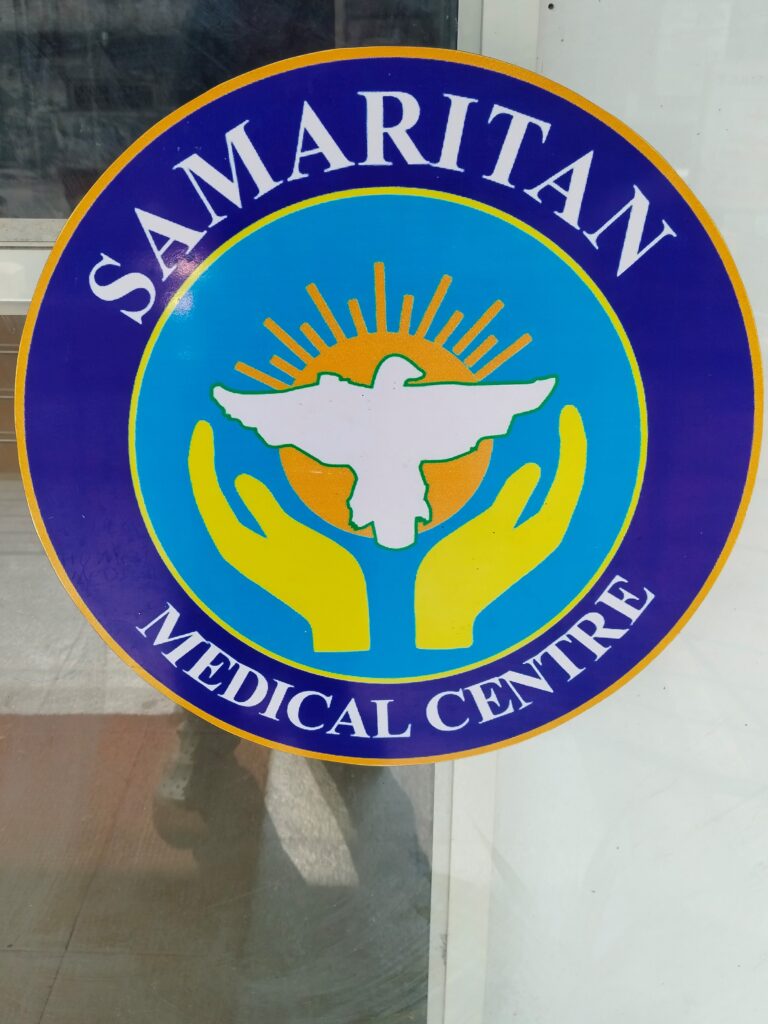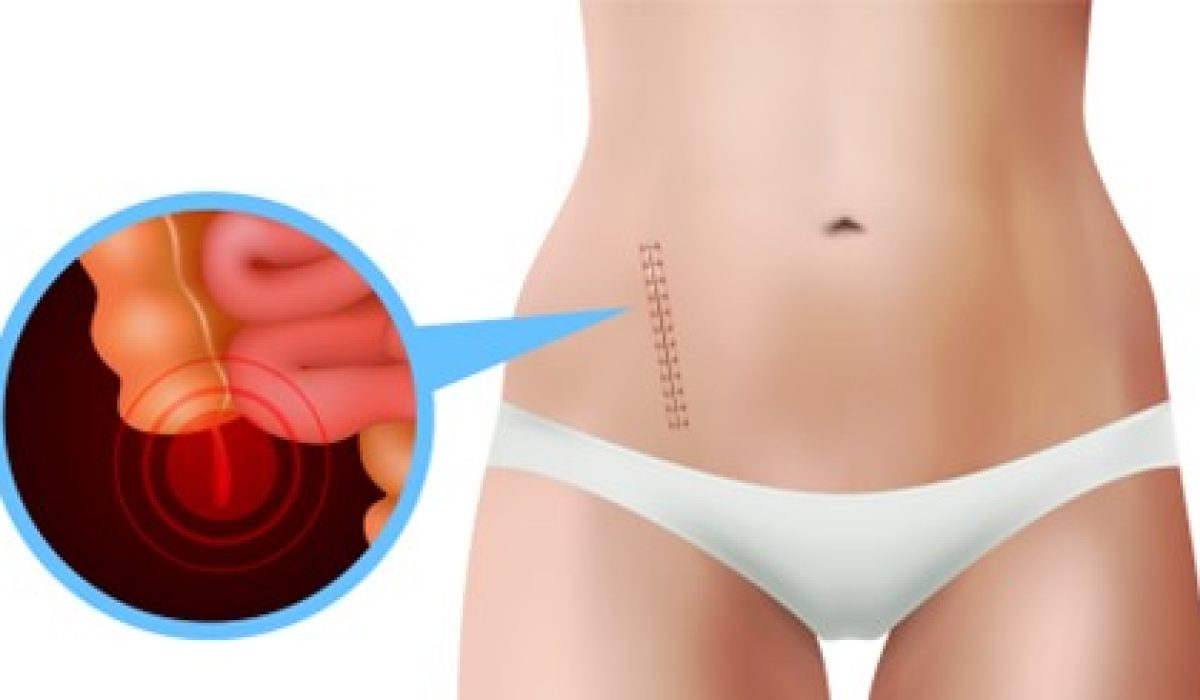The appendix is a tube-like organ, usually 8-10 cm long. It is attached to the beginning of your large intestine below and is closed at the other end.
If the appendix becomes infected, it leads to a painful condition called appendicitis. Appendectomy is the standard treatment for appendicitis. Your appendix could burst if appendicitis is not treated immediately.
Appendicitis Causes
The exact cause of appendicitis is not always clear, but it is believed to occur when the appendix becomes blocked or obstructed, leading to the accumulation of bacteria and other substances that cause inflammation and infection.
Some common causes of appendicitis include:
- Blockage of the appendix by stool, tumors, or other foreign objects
- Infection in the gastrointestinal tract or elsewhere in the body that spreads to the appendix
- Enlarged lymph tissue in the appendix that blocks the opening
Appendicitis Symptoms
The most common symptom of appendicitis is abdominal pain, which usually starts as a dull ache around the belly button and gradually moves to the lower right side of the abdomen.
Other symptoms of appendicitis may include:
- Loss of appetite
- Nausea and vomiting
- Constipation or diarrhea
- Fever and chills
- Swelling and tenderness in the abdomen
- Difficulty passing gas
- Feeling tired or weak
It is important to seek medical attention right away if you experience any of these symptoms, as appendicitis can lead to serious complications if left untreated.
How Is an Appendectomy Procedure Performed?
There are two kinds of appendectomy surgeries:
Open Appendectomy: A single large cut is made in the abdomen, and the appendix is pulled out.
Laparoscopic Appendectomy: A small tube with a camera is inserted into the abdomen and use a screen to guide them to remove the appendix.
Is appendectomy a Painful Procedure?
Before the surgery, you will be given general anesthesia. You will feel moderate pain at the incision site after the surgery. This will be improved within a few days with appropriate pain medications.
How to Prepare for Appendectomy?
Here are some of the steps to be followed before the surgery:
- Your doctor will ask about your medical history, current medications, allergies, or other medical conditions.
- Some blood tests and imaging scans will be performed to know the nature of your appendicitis. Based on these factors, they will explain the type of surgery they want to perform and ask for your consent.
- Your healthcare team will start treating your infection and prescribe antibiotics depending on the severity of the infection.
- Avoid eating or drinking for at least 8 hours before surgery. An empty stomach also makes it easier for the doctor to see the abdominal cavity.
What Happens After an Appendectomy?
After an appendectomy, you will be supervised for several hours to monitor your breathing and heart rate. You might be advised to stay in the hospital overnight in some cases.
The timing of your discharge will depend on the following:
- Your Body’s Reaction to The Surgery
- Your Overall Physical Condition
- Type of Appendectomy Performed
What Are the Risks of an Appendectomy?
An appendectomy is a simple and common procedure. However, there are some risks associated with the surgery, including:
- Bleeding
- Infection
- Injury To Nearby Organs
- Blocked Bowels
The risks of an appendectomy are less severe than those associated with untreated appendicitis.
Do’s and Don’ts Following an Appendectomy:
Do’s:
- Keep the incisions(cuts) dry and clean to avoid infection
- Eat soft foods and liquids until your bowels can tolerate more solid foods. Take it slowly.
- Take adequate rest as your abdominal muscles may start paining if you strain yourself.
Don’ts:
- Do not take any medicines without your doctor’s advice, as a few pain medications may cause bleeding
- Avoid stair climbing and lifting heavy objects
- Do not go for swimming until your stitches are removed
When Should You Consult the Doctor After Recovery from Appendectomy?
A follow-up appointment is scheduled within two or three weeks after surgery. Consult a doctor if you notice any signs of infection, such as:
- Redness or swelling at the incision site
- Fever
- Stomach cramps
- Loss of appetite
Conclusion
Appendectomy is a common surgical procedure performed to remove the appendix, a small organ that is located in the lower right side of the abdomen. It is most often performed as an emergency surgery for individuals with acute appendicitis. By following the proper steps for preparation, care, and recovery, patients can increase their chances of a successful outcome and a smooth return to their daily activities.



